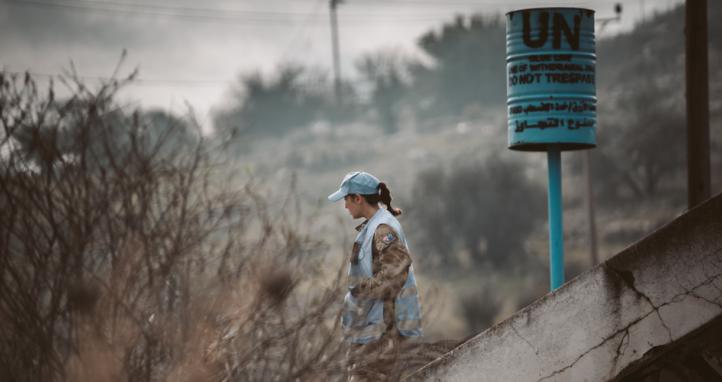This Professional Military Education (PME) exercise focuses on an article titled On the Folly of Rewarding A, While Hoping for B by Steven Kerr via The Academy of Management. It is considered a ‘classic’ article for generating PME discussions in the Army.
The author uses multiple examples from society to illustrate that human beings seek to understand which activities are rewarded and which are not. Then, based on the perceived attractiveness of the rewards offered we attempt to do (or pretend to do) the things that are rewarded within our organisations, often to the complete exclusion of those activities which are not rewarded.
Kerr suggests that we often offer a reward or incentive system that unintentionally rewards the type of behaviour or action being discouraged. Within the article, it talks about various bodies within society and how they fall into this trap – including military culture. Despite the mission in Afghanistan being mostly centred on building the Afghanistan National Security Forces’ capability, many soldiers were far more motivated to experience combat (even at the expense of the mission) – is it because so many of Army’s reward structures reward combat, not mentoring?
Facilitator's Notes (PDF) for this PME exercise.
DISCUSSION QUESTIONS
- Kerr writes: “managers who complain about lack of motivation in their workers might do well to consider the possibility that the reward system they have installed are paying off for behaviour other than what they are seeking”. Reflect on your team and describe 3 types of behaviour which are currently being rewarded.
- Are you rewarding the behaviours you say you want to reward? Do you need to alter the reward system in your team?
- Was the reward system in your team implemented deliberately or unconsciously?
- When you write performance appraisal reports (PARs) for your subordinates, are you placing an “overemphasis on highly visible behaviours”? The article names “team-building and creativity” as example behaviours which may not be rewarded, because they are hard to observe. What do you do to, or how can you track and reward less visible, but extremely desirable behaviours?
- Provide some examples where you think your unit, or the organisation more broadly may be unintentionally rewarding ‘A’ while hoping for ‘'B’.
- In an organisation, such as the Army, where ‘lawful commands’ can be given and directions must be followed, how important do you think it is for the Army to invest in rewards systems? Should people be rewarded for doing what is asked of them? Should rewards be limited to optional/volunteer tasks – or do we need incentives for mandatory tasks as well?
- Reflect on the activities and tasks you do that you receive no reward for. (Think outside the box when considering rewards. For example, a good performance report which leads to promotion or a desired posting is a form of reward). How much greater would your enthusiasm be if there was a reward associated with those activities?
Why not leave a comment below to share some of your key takeaways from this PME activity with the rest of the force?
Note: This PME exercise modifies an original publication made to The Cove On the Folly of Rewarding 'A', While Hoping for 'B' .
OTHER ACTIVITIES
If you enjoyed this activity, why not try the other PMEs available on The Cove?
Want more material for your junior officers? This article collates articles from across The Cove designed for junior officers and Troop/Platoon Commanders.
CONCLUDING COMMENTS
If you have suggestions for improvements – additional readings, reference material, alternative discussion points or new delivery methods please forward your feedback to The Cove Team the.cove@defence.gov.au.









